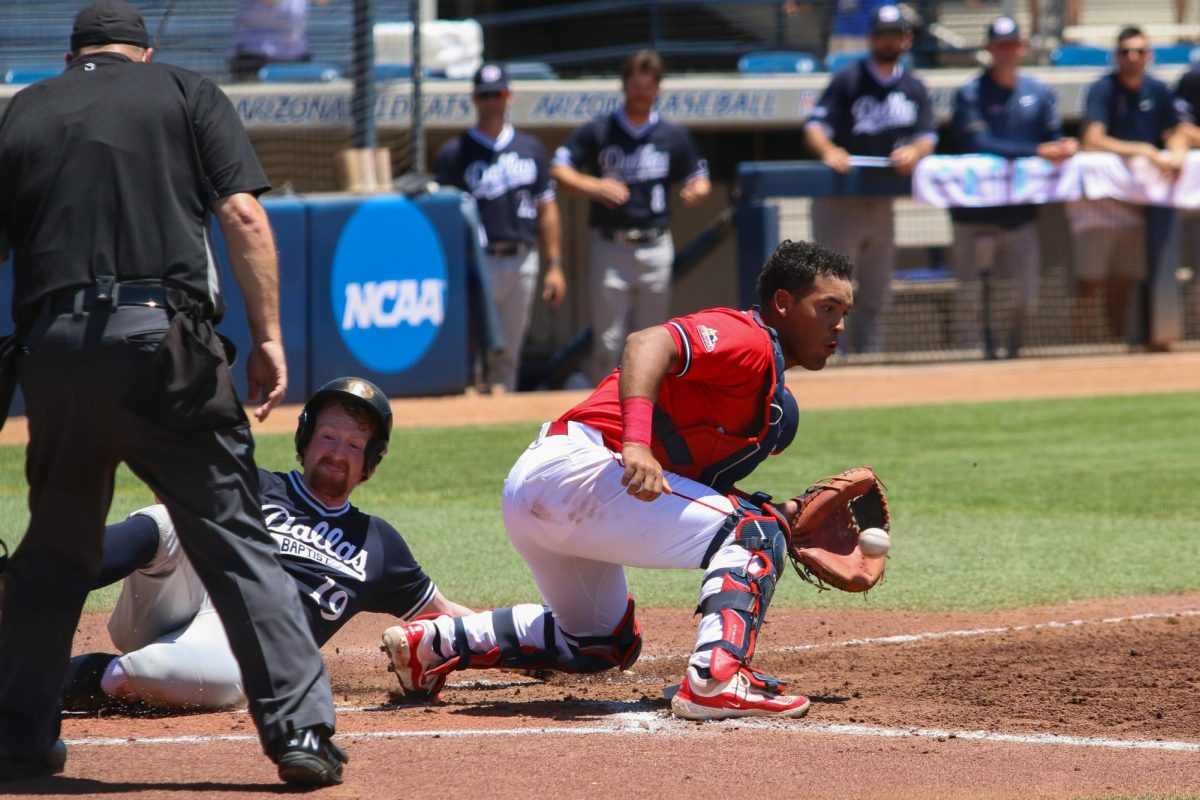The amount of money being raised by presidential campaigns this election cycle is mind-blowing.
The total so far is on the order of $580 million. A total of $880 million was spent in the entire 2004 race, and we’re not even through the primaries yet. A Web site keeping track of the money spent in politics and in the government at large, www.opensecrets.org, estimates approximately $500 million more will be spent by each candidate in the general election.
For each of the candidates who remains in the race, upwards of 90 percent of his or her funds have been raised from individual donors. Presumably, we donate all this money to candidates not because we just happen to like them, but because it will help them get elected, and once that happens, they’ll better represent us in government. For the president, better representing us in large part amounts to passing budgets that put money where we want it to be put.
Let’s assume that the estimates are correct and that each candidate for either party will indeed be spending half a billion dollars to get elected; whoever ultimately wins, some $1.5 billion will have been spent on campaigning. Before any candidate can even get to the spot where they are able to start doing the things we want them to be doing – helping the poor, funding research, putting more money toward this or that department of the government – $1.5 billion is basically wasted on simply enabling them to do so. This is absurd. Shouldn’t we be more committed to doing things ourselves, to putting that money to real use? With two simple changes, we could correct this situation.
First, we should move to a public campaign financing system that uses a generous amount of money – say half a billion dollars of tax money to fund the various campaigns. Candidates would qualify for their share of the money based on a number of signatures or perhaps a small amount of initial fundraising from individuals. Prospective candidates would be free to spend the money as they do now, funding advertising and grassroots organizing. We’d reap the same benefits from their get-out-the-vote-for-me efforts as we do now (increased awareness, increased voter registration and activism,), but because of the limit on spending, they’d have to sacrifice quantity for quality – and here quality means a much more direct message focused on issues, without all the typical spin.
The second move is a slight change to our tax forms. No longer needed because of public financing, it follows that we should use the money we would have otherwise donated to candidates’ campaigns to help fund specific projects we knew they were supporting by directly allocating money to different departments. Instead of donating to the candidate running on a platform of improving education, our tax forms would include a page where one could donate the money straight to the Department of Education. Here’s an example of how it could work: have in bold “”Department of Education”” and under it check-boxes with “”Federal”” “”State”” and “”County.”” Make the amount of money bubble-in to keep away any ambiguity – a row of four columns with the numbers zero through nine so that you could fill in any dollar amount you want between “”$0001″” and “”$9999.”” Such donations would be tax deductible, anonymous and tracked through basic accounting techniques with all budgetary information freely accessible to the public through a government Web site.
Pima County has so far donated almost $2 million to various presidential candidates. If in this revamped system we allocated a third of that to education, might not local schools be able to hire a few more teachers? Might the UA get enough to attract another all-star professor or subsidize our outrageous textbook costs?
The benefits of these two changes would extend beyond the boundaries of each community to our whole country. The roles of lobbyists and wealthy, organized special interest groups with which people across the political spectrum are concerned, would be minimized by the electoral process – no more taking money from an organization or a wealthy donor in exchange for favors. Candidates would become more loyal and responsive to the public – not only because public money would be their only source of funding, but because they’d be able to see trends of where people were allocating money and would be crazy not to make those areas part of their campaign – indeed, they would make one-upping our donations part of their campaigns.
Above all, by allocating money directly to where we think it needs to go, we would be taking an active, absolutely direct role in our government. We’d be a better democracy and a better country for it.
Matt Styer is an interdisciplinary studies senior. He can be reached at letters@wildcat.arizona.edu.








